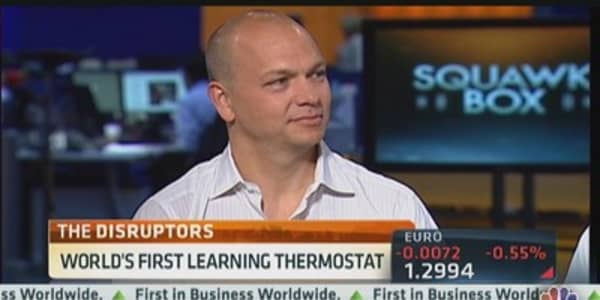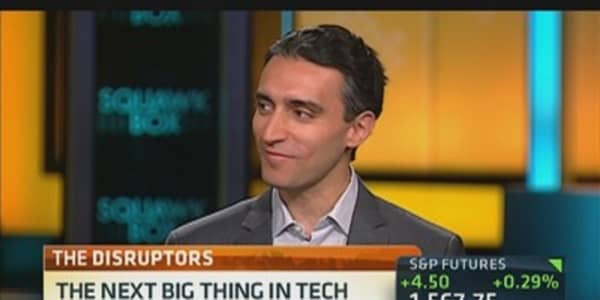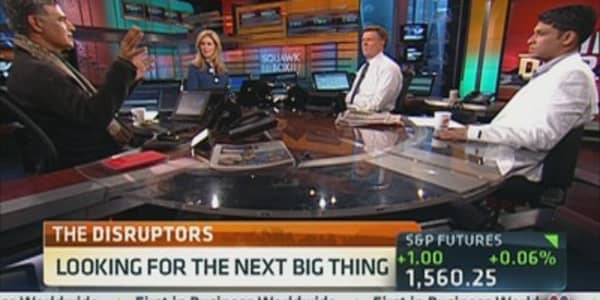Jeff Dachis doesn't want to hear your whining about Facebook — especially if you're a corporate marketer who's been using the social network to spew messages to anyone and everyone who has ever simply "liked" your brand.
Dachis — co-founder of Razorfish, the iconic 1990s digital interactive marketing and design agency and now CEO of his own company, Dachis Group — says corporate marketers will have to pay to play on Facebook.
"People who thought of Facebook as a reach and frequency play are (ticked)," Dachis said Wednesday. "But Facebook is doing the right thing."
Dachis has waded into the scrum surrounding recent changes to Edgerank, the controversial algorithm Facebook uses to determine what appears in your news feed — where nearly all Facebook users turn first when they open Facebook. The algorithm determines which of your connections is most important to you — and as a result, their updates and photos appear most frequently.
(Read More: Top 10 Disruptors Empowering Consumers)
That includes not only your buddies posting updates, but also companies trying to get you to pay attention them.
Back in January, what's called the "engagement rate" — the percentage of fans and friends of fans of the top 200 brand pages on Facebook engaging with those pages — was measured by the Ehrenberg-Bass Institute, a marketing think tank based in Australia, at just 1 percent. The figure was roundly criticized as shockingly low. Then in September, Facebook changed the Edgerank algorithm; so Ehrenberg-Bass re-measured engagement — and found it is still just 1.4 percent.
"The very slight change in the numbers are due to Facebook changing the calculation to record all interactions from non-fans as well," said Karen Nelson-Field, postdoctoral research fellow at the institute, told Ad Age earlier this month. "For us, this number is underwhelming. There has been so much hype about the whole 'amplified reach' opportunity — that friends of fans, while not explicitly linked to the brand themselves, offer advertisers huge potential outside of the fan base. We don't see it here."
Others also weighed in, including George Takei, the former Star Trek actor who is about to publish a book that includes an entire chapter taking on Facebook over its algorithm. Takei has been outspoken about his frustration with the algorithm, which he says forces him to pay Facebook for "promoted posts" if he wants to reach his own fans.
To which Jeff Dachis would say: too bad.
His point is that companies have to pay if they want to reach not-that-interested Facebook users with marketing messages. If Facebook hadn't made the change, he said, users would be inundated with posts from hundreds of companies they don't care about.
Dachis has a stake in this Facebook debate. His company uses Facebook (and many other social networks) to collect data and analyze social interactions for about 30,000 brands.





